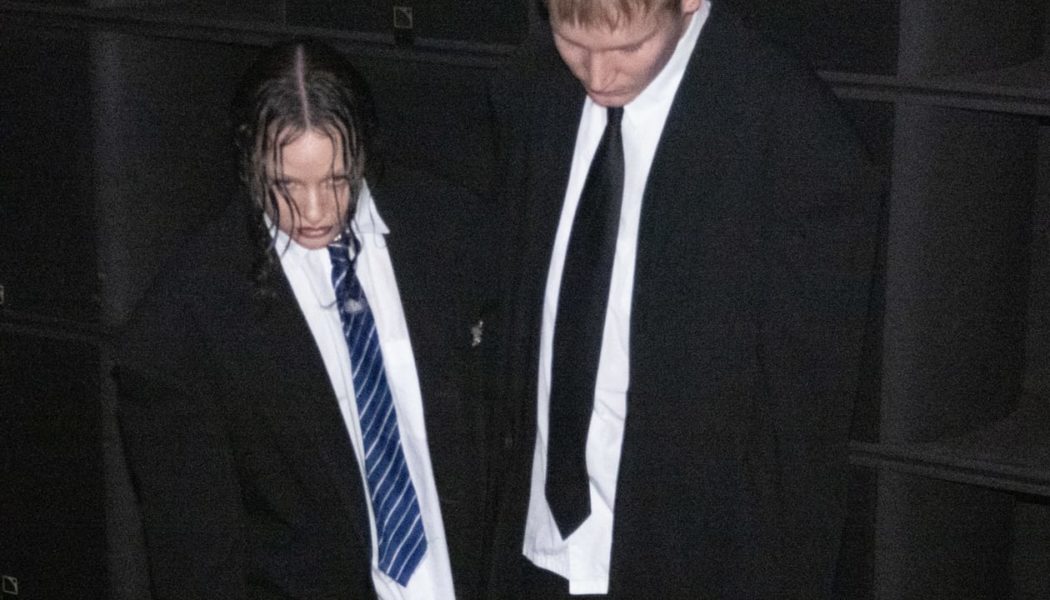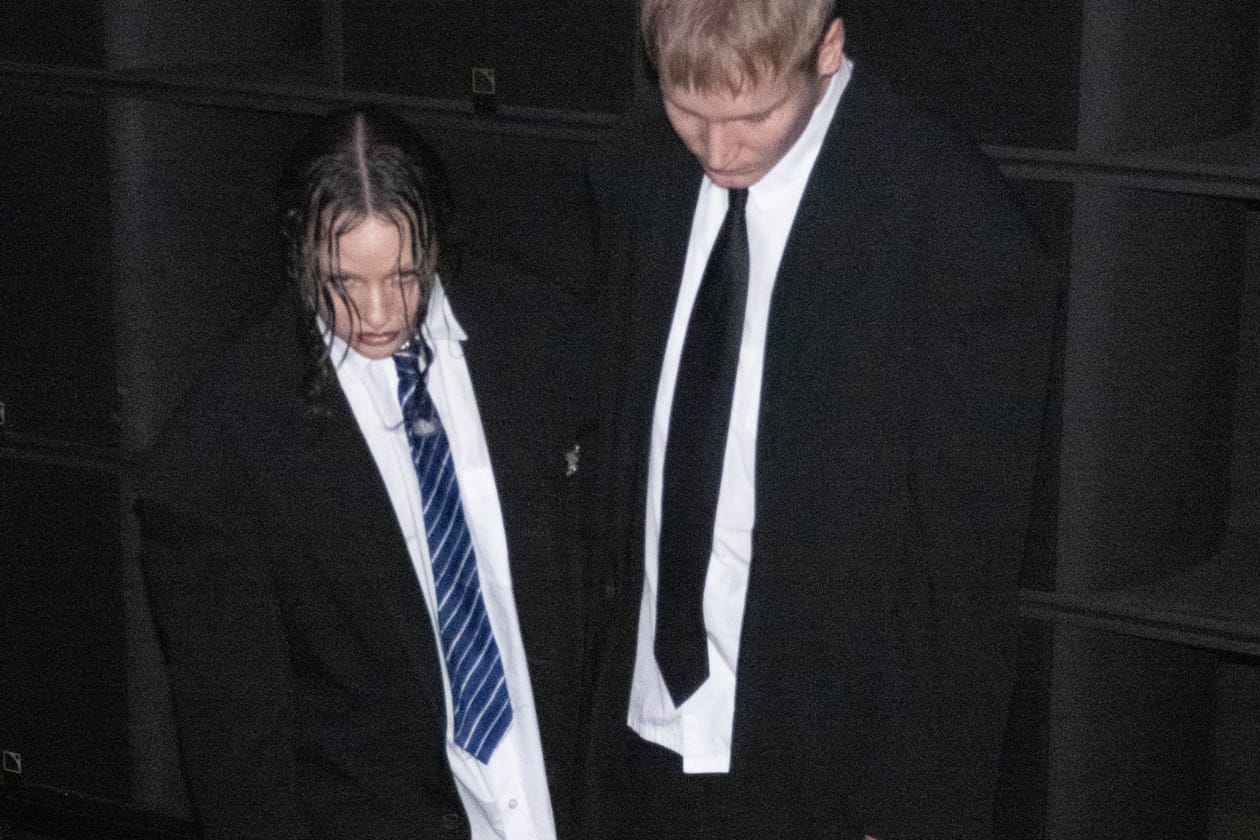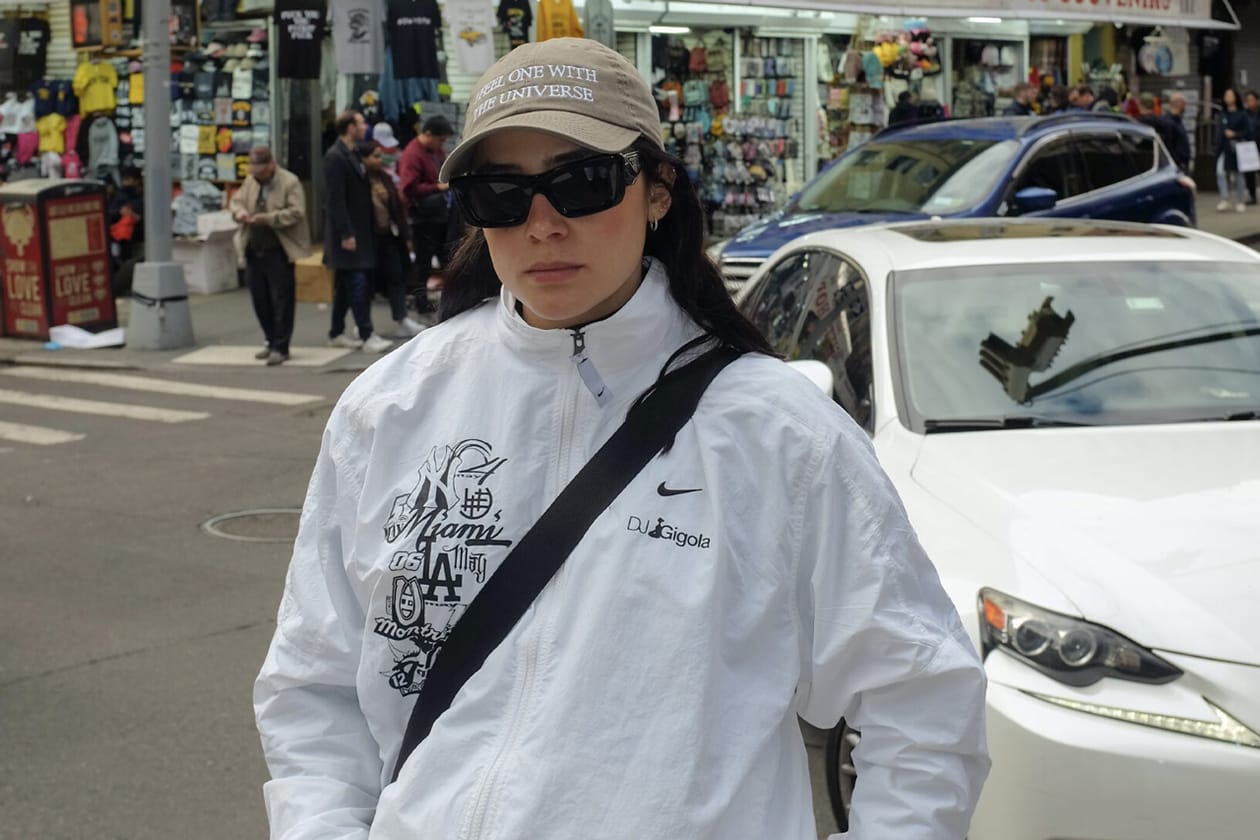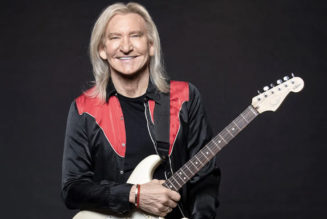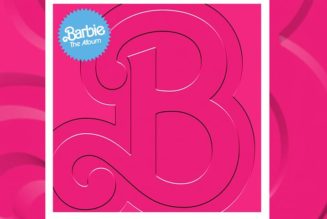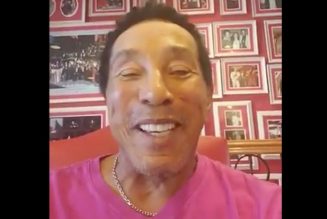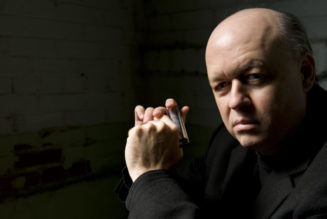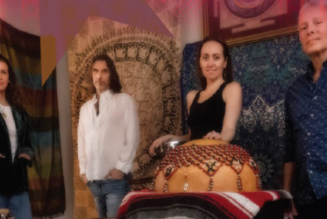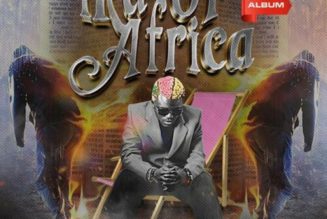You are reading your free article for this month.
Members-only
What do a humanoid horse, a punk gabber duo and a Norwegian synthwave DJ have in common? They’re all members of Live From Earth (LFE), an independent label platforming the most experimental and explosive names in modern electronic music. Originally launched as a YouTube channel in 2014, LFE has established itself as one of Berlin’s premier musical tastemakers with a carefully vetted roster of a dozen acts that, while diverse in genre, stem from the sprawling world of electronic music.
In Berlin, techno is so paramount that the city’s clubbing scene was recently named protected “cultural heritage” by UNESCO. That storied musical legacy sets a high bar for artists, labels and even clubs to stand out, pressure compounded by a sheer saturation of Berlin-based DJs. As every up-and-coming name scrambles to build a following and book gigs, the pressure to label oneself breeds a certain friction among techno’s various sub-genres: rave, dub, trance, IDM and EDM, to name a few.
LFE was created as an antidote to divisiveness and exclusion within the electronic music sphere, a sentiment succinctly summed up in its mission to “re-interpret a diverse range of music.” Espousing a “come one, come all” approach, the lineup includes the aforementioned anonymous masked DJ horsegiirL, the hardcore act Brutalismus 3000 and the Oslo-born SoundCloud rapper MRD. And while LFE functions as a record label for all intents and purposes, the musical acts only make up a portion of its framework. The definition the outfit prefers is the more amorphous “artist collective,” a nod to those behind the curtain lending a hand to design merch, shoot content, throw parties and produce and engineer music.
Like most DIY operations, an exact headcount of LFE employees is hard to define. By design, there are no official titles, and most LFE affiliates are creatives with separate day jobs and side hustles. Operating as a collective rather than a label means most of the “staff” are “a loose group of friends each contributing their part,” according to Tim Lindacher, who works on creative direction for LFE.
“There are core members but the lines are really blurry here,” LFE CEO and co-founder Lorenz Wirth adds.“Some members’ active times are in the past. Some of them might come back later and collaborate again and some might not, but, nonetheless, they are still family to us.”
Membership is fluid, as is LFE as a whole. The collective’s only steadfast constituent is that platforming innovative work takes precedence over profit. LFE’s origin story, underlined by an anti-establishment ethos from day one, is just as punk.
Wirth was on his way back from a protest in Dresden, being chased down the train by cops for smoking a cigarette, when he hid under Max Rüting and Elias Hermann’s seats. After evading law enforcement and emerging from his hideout, the three got to chatting and bonded over their shared far-left ideologies and involvement in the anti-fascist movement. They began attending protests together and recording videos for a YouTube channel called “Live From Earth” in an effort to reach people outside the “far-left scene.” Although the early protest videos have since been wiped from YouTube, artists who appreciated the edgy, lo-fi style enlisted the trio to produce music videos. LFE’s first video project in 2014 – a shaky, Go Pro-style montage for the battle rapper MC Bomber – still lives on the channel today.
With a penchant for the illicit, they also started throwing illegal raves in low-profile areas of the city. Artists that were tapped to perform at those parties — which often took place in basements and bunkers — were among some of the first signees when LFE officially established itself as a music label and management company.
Lindacher recalls that when he first joined LFE in 2018, he squatted in the office because he didn’t have his own apartment. Six years later, with a lease, it’s a period he still looks back on fondly.
“LFE gave me shelter back then and to be honest, centering my hobby, friends and social life into one was really one of the best decisions I’ve ever made,” Lindacher says. “Back then it was all over the place, but it also really shaped us and created the ethos of what is LFE today: a kind of creative powerhouse capable of curating out-of-the-box experiences.”
An unspoken requirement of joining the collective is that its existing members have to want to hang out with you in the off-hours. A member will usually discover a new artist online or at a live set and they’ll be introduced to the other affiliates before being invited in. For Wirth, it boils down to a gut feeling. A DJ may be talented but if the connection isn’t there, they simply aren’t a fit for LFE.
Compared to a traditional record label, the collective environment also forces artists to shed their egos and embrace egalitarianism, a mirroring of the anti-establishment principles on which LFE was founded. There’s no hierarchy — a manager, artist, A&R rep and graphic designer operate on the same level. Most decisions, from inviting a new act to producing a new song, are legitimized after multiple members weigh in.
“Being a collective means providing the best support for each other, no matter the project.”
“Being a collective means providing the best support for each other, no matter the project,” says DJ Gigola, whose real name is Paulina Schultz. “That does not mean we don’t discuss, argue and criticize. We’re being brutally honest because we want the best for each other.”
Schultz was introduced to the founders in 2016 by a friend who happened to be LFE’s first in-house DJ. Despite being a full-time student who had never released any music, she was invited to play a set at an upcoming live show. Soon after, she minted the name DJ Gigola, learned to produce and released her first single via the label in 2019.
Around the same time, LFE began shifting away from being branded as a “rap-focused” label to finding its footing in electronic music. A sub-label called Live From Earth Klub was briefly erected in 2018 to house its club music acts but during the pandemic, the members noticed that listeners’ streaming habits had grown more eclectic in recent years, particularly in tandem with the rise in streaming services. The average person didn’t solely listen to rap, dubstep or house but rather a mix of genres. Artists signed to the sub-label were consolidated within the main label and the “Klub” name was repurposed to refer to LFE-produced live events.
“Electronic underground parties and electronic music were part of what we did from the very beginning,” Schultz explains. “Publicly, we were labeled as a “hip-hop label” because we had successful releases and artists that focused on that genre but eventually we felt it was misleading to what we actually stood for: a huge diversity in sound.”
A disruptive force across mediums, the collective is continuously expanding its reach, more recently in fashion. Hip-hop and streetwear have long gone hand in hand but LFE is breaking lesser-tapped ground: the interplay of fashion and electronic music. Will Bankhead’s The Trilogy Tapes – an electronic music blog-turned-record label and streetwear brand – was a pioneer of the space in London, releasing full-fledged graphics-focused collections, providing a blueprint for success that LFE’s fashion arm is aiming to replicate in Berlin and beyond. Beyond designing and producing all of the merch for artists in-house, the collective recently teamed up with the viral brand Praying for a capsule collection inspired by vintage club flyers and celebrated with a rave in Los Angeles.
Whatever the project may be, LFE probably has the person for the job. From cutting tracks to screen printing graphic tees, anything goes at the collective, as long as it aligns with their personal and political values. Considering commercial success secondarily has also empowered LFE to take risks conducive to the quick-moving social media era, where unconventional sounds and aesthetics are opportune for virality – and even when not, the internet is a pipeline for artists to find listeners that appreciate their stylistic niches. The equine-leaning horsegiirL joined LFE in 2022 and within a year had landed a breakout hit with the TikTok-viral “My Barn My Rules.”
Brutalismus 3000’s sound, meanwhile, is akin to sped-up, distorted Euroclash. Formed by Victoria Vassiliki Daldas and Theo Zeitner after they matched on Tinder, the duo made their Coachella debut this year and are currently progressing through the summer festival circuit. Their brash songs are a mix of German and English, though it’s often impossible for speakers of either language to pick up on the actual lyrics.
True to the LFE ethos, that’s all part of the fun.
